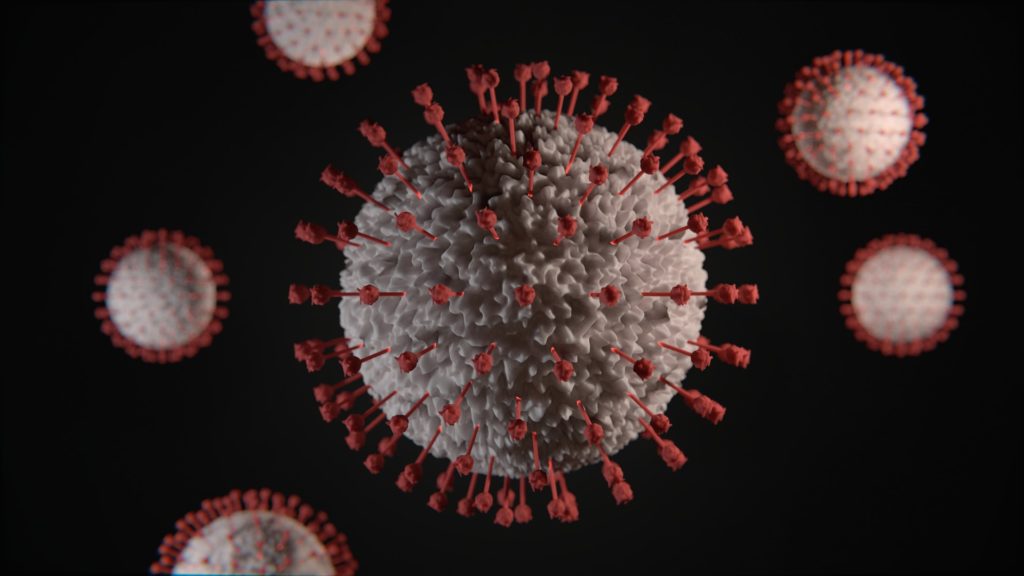
Due to the health crisis we have been facing the recent months, we are aware of the changes this has supposed in the way in which fertility treatments have being carried out and also in the way of working in ART Clinics in general.
Cryopreservation has been a matter of concern during this uncertainty period making many embryologists question whether the precautions and procedures currently applied in IVF laboratories for seropositive patients should be sufficient to avoid COVID-19 contamination. Even though no scientific evidence of cross-contamination risk has been reported among seropositive patients, even while using an open vitrification device.
In this regard, a recent letter published by N. Costa-Borges in Fertility and Sterility assessing the pros and cons of the possible risk of cross-contamination with SARS-CoV-2 during cryopreservation procedures or storage of reproductive cells in liquid or vapor phase nitrogen tanks has been quite enlightening.
After all, we can assume that additional measures such as changing or implementing a different vitrification system or protocol due to Covid-19 would mean a significant reduction on the efficiency of the vitrification process. This would represent a higher risk than the theoretical likelihood of cross contamination with COVID-19 as a result of the use of an open system.
As the letter claims, in some cases “the cure may end up being worse than the disease”.
Read the letter here.
Nuno Costa-Borges, Ph.D.1, Mònica Acacio, M.Sc.1, Ivette Vanrell, M.Sc.1, Gloria Calderón, Ph.D.1 . 1Embryotools, Parc Cientific de Barcelona. Cryopreservation of oocytes and embryos in times of COVID-19: Can the cure be worse than the disease? Risk assessment in the IVF laboratory. Fertility and Sterility, 2020.